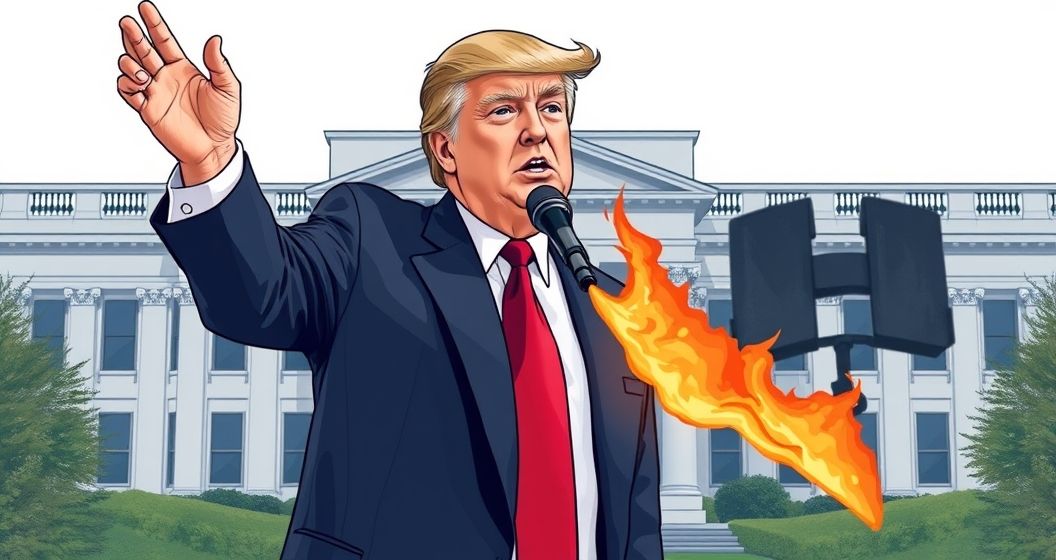Trump Appeals Cook Fed Governor Firing Block: The Legal Challenge to Cook’s Removal
The initial court decision sided against the Trump administration, arguing that the grounds cited for Cook’s dismissal were insufficient. The President’s attempt to remove Cook was met with immediate pushback, with legal experts questioning the legality of such a move given the established protections afforded to Fed governors. The core argument hinges on the interpretation of the law governing the appointment and removal of Federal Reserve officials. The opposing side contends that the President’s authority is limited and that removing a governor without sufficient cause violates the spirit and intent of the legislation.
Arguments for and Against the Removal
Supporters of the Trump administration’s actions argue that the President has the ultimate authority to remove appointees if they are deemed unfit for office. They maintain that the grounds for removal were valid and that the court overstepped its bounds. Conversely, opponents argue that the attempt to remove Cook was politically motivated and a direct threat to the independence of the Federal Reserve. They highlight the importance of protecting the central bank from political interference, arguing that such interference could undermine its ability to make impartial decisions regarding monetary policy.
Implications for the Federal Reserve’s Independence
The outcome of this appeal has significant implications for the future of the Federal Reserve. A victory for the Trump administration could set a precedent that would allow future presidents to exert greater influence over the central bank, potentially jeopardizing its independence. This could lead to greater political pressure on the Fed to adopt policies that favor the current administration, potentially at the expense of long-term economic stability. Conversely, a court victory upholding the initial ruling would reinforce the notion of an independent central bank, free from direct political control.
The Broader Context of Political Influence on the Fed
This legal battle is unfolding against a backdrop of increasing political scrutiny of the Federal Reserve. The central bank’s decisions on interest rates and monetary policy often have significant political implications, leading to calls for greater accountability and transparency. This case highlights the delicate balance between ensuring the Fed’s accountability and preserving its independence from political pressures.
The Path Ahead and Potential Outcomes
The appeal process is expected to be lengthy and complex, involving detailed legal arguments and potentially a final decision from the Supreme Court. The outcome will have lasting implications for the relationship between the executive branch and the Federal Reserve, shaping the future of monetary policy and the independence of this crucial institution. The case serves as a crucial reminder of the ongoing tension between political will and the need for an independent central bank to effectively manage the nation’s economy. The legal arguments and the court’s ultimate decision will undoubtedly shape future discussions regarding presidential authority and the Federal Reserve’s autonomy.


